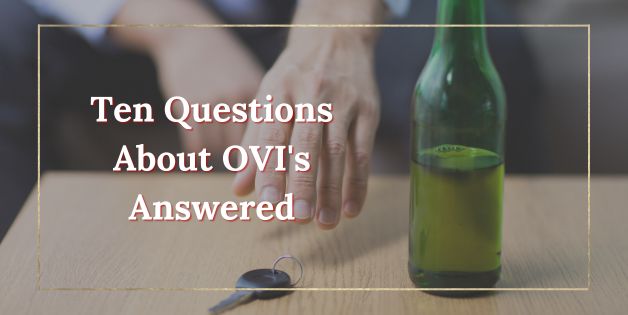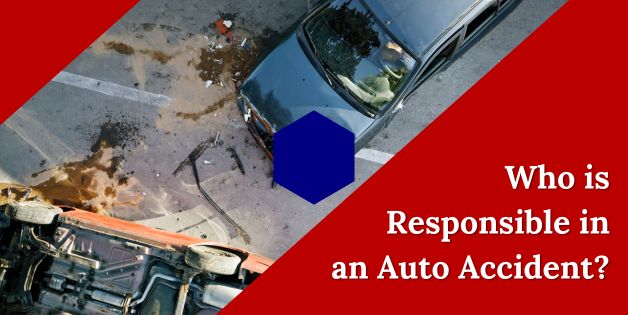
Ten Questions About OVI's Answered
by Jason Phillabaum
The following are the top 10 questions I get asked as it relates to OVI’s. An OVI is “Operating a Motor Vehicle under the Influence of Drugs or Alcohol.” Previously, OVI’s were called DUI’s. My advice is to get an Uber if you drink. However, in the event you or a close friend or family member is charged with OVI, contact me right away!
1. Should I take a field sobriety test in Ohio?
No. Field Sobriety Tests are designed to determine if a person can complete natural activities (i.e. driving) by doing unnatural activities (i.e. walking heal to toe, standing on one foot, or standing with one foot behind the other). Most people do not realize, but they have an absolute right not to incriminate themselves or participate in Field Sobriety Tests. Furthermore, if an officer does not administer the test in compliance with national standards (NHTSA), the results (findings) may be unreliable but still used against you in court.
2. Will I be arrested if I ask to speak with an attorney?
No, people cannot be charged simply because they asked to speak to an attorney. People have a constitutional right to consult with an attorney prior to any police interrogation.
3. What are the penalties for an OVI in Ohio?
OVIs (formally called DUI’s) in Ohio are “escalating offenses.” This means that a second offense OVI will be treated more harshly, etc. All OVI convictions carry mandatory jail sentences, fines, and driver’s license suspensions.
4. Other than court penalties, what affect will an OVI have on me?
Convictions for OVIs can also have devastating effects on people’s careers or professional licenses. OVIs are non-expugnable offenses, meaning that once convicted of an OVI, that conviction will always be on a person’s criminal record. OVI is the same level of offense as Theft, Assault, and Domestic Violence.
5. What do officers look for in traffic stop during a potential OVI?
Officers initially look for a smell of alcohol or slow motor skills. They will then look to see if a person can “multi-task” or perform multiple tasks together. This is often why officers ask people to retrieve their license and insurance card. An intoxicated person usually only retrieves one item on the list. Officers also look for the following: Blood shot eyes, Slurred Speech, Smell of Alcohol, Fine motor skills (getting DL from wallet), Bad Driving (weaving), Slow Responses, etc.
6. What is a BAC (blood alcohol test)?
A blood alcohol test (BAC) measures how much alcohol is in your blood. There are three common ways in which an officer will obtain a BAC. (1) a Breath Test – the Breathalyzer, (2) a Blood Draw, or (3) a Urine Sample.
7. What happens if I refuse a breath test (or BAC test) in Ohio?
Your driver’s license will automatically be suspended. In second offense OVI situations, a person can also be charged with an additional offense for refusing a BAC test when having a previous conviction for OVI.
8. What is a rising blood alcohol defense?
A person’s blood-alcohol level fluctuates. After a person consumes an alcoholic beverage, that person’s blood-alcohol will rise for a period of time before the blood-alcohol level begins to decrease. If a person were to drink an intoxicating beverage at 10:00 p.m., be pulled over at 10:15 p.m., and be tested at 11:30 p.m.; that person’s test will not accurately reflect his actual blood-alcohol level when operating a motor vehicle. Depending on the facts, the BAC test may not be dispositive.
9. When can I get occupational driving privileges?
The granting of occupational driving privileges will depend on the person’s history, the seriousness of the offense, and the judge hearing the case. However, a person charged with their first offense may be eligible for privileges 15-30 days after the date of the arrest.
10. Why should I hire an attorney?
An attorney has substantial knowledge of law and procedures. When a person hires an attorney, the retainer shows the court and prosecutor that he or she is taking the case seriously. Most importantly, an attorney will guide a person through the legal system and ensure his or her rights are protected.
Stay safe, drive sober, and always seek legal counsel if you find yourself in trouble.






